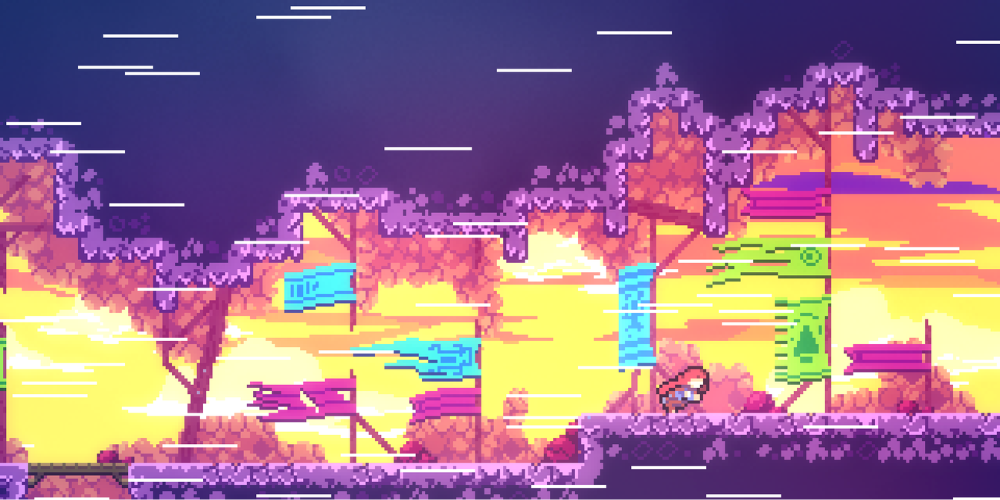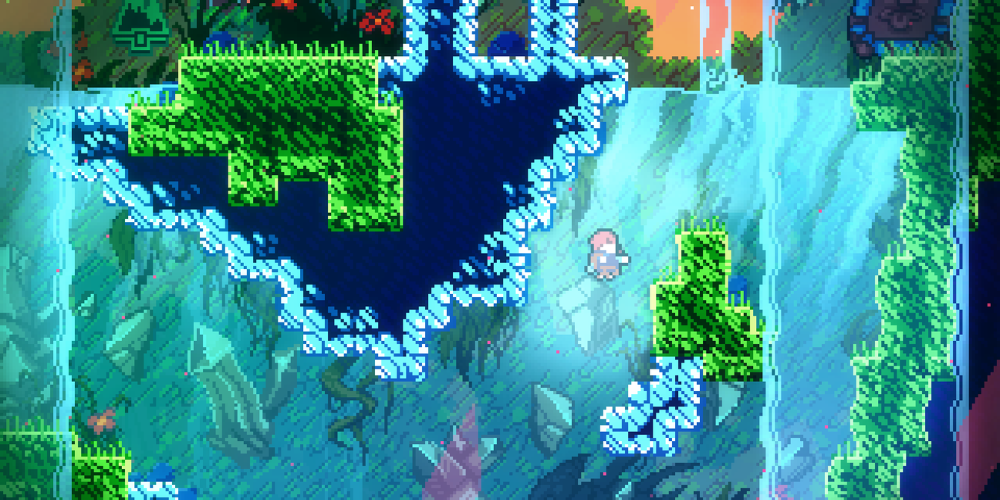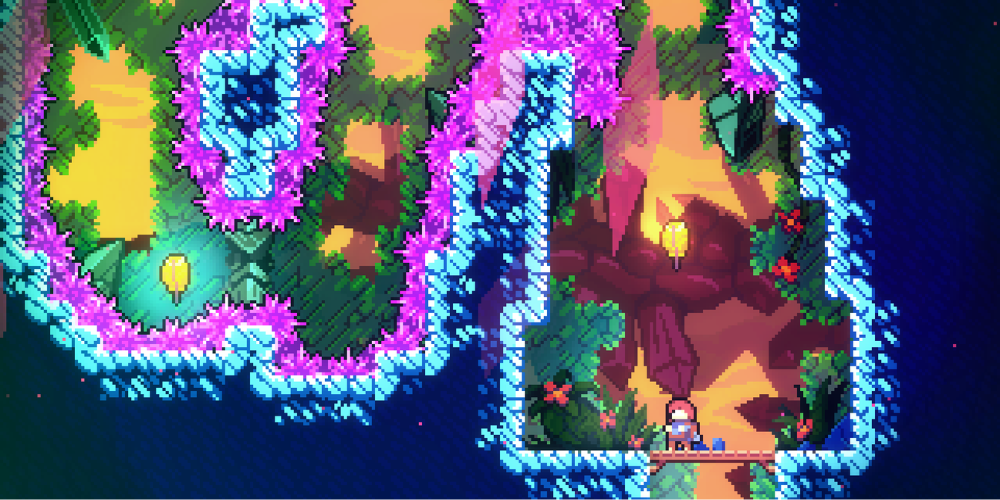Climbing to Success in Celeste: Mental Health and Mountains

In the pantheon of indie games celebrated for their narrative depth, mechanical precision, and artistic expression, Celeste stands out as a beacon. This pixelated platformer is not just a test of skill and reflexes; it's a powerful exploration of the human psyche, resilience, and the journey toward self-acceptance. Developed by Maddy Makes Games, Celeste tells the story of Madeline, a young woman who sets out to climb Celeste Mountain, a metaphorical and literal challenge that mirrors her internal battles with anxiety, depression, and self-doubt. Through its heart-wrenching story, meticulously designed levels, and sensitive portrayal of mental health issues, Celeste offers a multifaceted examination of the complexities of mental health, symbolized by the arduous trek up a treacherous mountain. This article seeks to unravel the tapestry of Celeste, highlighting how it masterfully blends gameplay with storytelling to embark on a poignant dialogue about mental health and personal growth.
The Ascent Begins: Understanding Madeline’s Journey
Madeline’s quest is not just about reaching the summit; it's a journey of confronting her inner demons. Each chapter of the game, each new area of Celeste Mountain, represents not only a physical challenge but also an aspect of Madeline's mental and emotional struggles. The mountain, with its hazardous paths and mystical entities, serves as an allegory for Madeline's battle with her mental health, including her anxieties, fears, and self-imposed limitations. Through navigating these challenges, players gain a profound understanding of the turmoil that churns within Madeline, offering insights into the realities of those wrestling with similar mental health concerns.
Gameplay and Mental Health: A Symbiotic Relationship

The mechanics of Celeste are a direct mirror of its themes. Every leap and dash Madeline makes is fraught with danger, demanding precision and patience from the player. Failure is not just expected; it's an integral part of the experience. Each death is a lesson, a small setback in the larger journey towards both the summit and personal growth. This trial-and-error gameplay echoes the trials of overcoming mental health hurdles—reminding players that progress often comes from facing setbacks, learning, and trying again. The game's Assist Mode, which allows players to adjust the game's difficulty, is a testament to the game's inclusive message: that it's okay to seek help and that there is no shame in adapting the journey to one’s own pace.
The Shadow Self: Facing Inner Darkness
A pivotal moment in Celeste occurs when Madeline encounters “Part of Her”, a dark reflection that symbolizes her insecurities and self-doubt. This shadow self is not just an adversary; it represents the parts of ourselves that we fear and reject. The game's portrayal of Madeline's battle with her shadow self forces players to confront the concept of internal struggle, emphasizing that true progress can only be made once we face our inner darkness, accept it, and learn to coexist with our flaws and fears.
Community and Support: The Role of Other Characters

Madeline’s journey is solitary, but she is not alone. Characters such as Theo, an aspiring photographer grappling with his purpose, and Mr. Oshiro, the ghostly caretaker of an abandoned hotel, enrich the narrative with their own stories of struggle, redemption, and growth. These interactions underscore the importance of community and support in battling mental health issues. Through these characters, Celeste showcases the power of empathy, understanding, and friendship in overcoming life’s mountains, providing players with a nuanced view of the social aspects of mental health.
Reaching the Summit: Acceptance and Growth
The climax of Celeste is emblematic of the journey to self-acceptance. As Madeline nears the summit, the game reaches a crescendo of emotional and gameplay intensity. Here, in the realization that her shadow self is a part of her that she cannot destroy but must embrace, Madeline achieves true growth. The final ascent is a breathtaking sequence of cooperation between Madeline and her shadow self, illustrating that acceptance of one's flaws and limitations is vital to overcoming obstacles. The summit is not just a victory over the mountain; it is a victory over oneself. This resolution offers a poignant message: that healing and growth are not about eradicating our struggles but learning to navigate life with them.
The Legacy of Celeste: Impact Beyond the Screen

Celeste has left an indelible mark on its players and the broader conversation about mental health. By intertwining its gameplay mechanics with its narrative themes, Celeste transcends the traditional boundaries of video games to become a profound commentary on mental health, resilience, and the human condition. For many, Celeste is more than a game—it's an experience that resonates on a deeply personal level, offering both solace and inspiration. Beyond entertainment, Celeste serves as a reminder of the importance of empathy, the power of perseverance, and the beauty of embracing our vulnerabilities.
Conclusion
In its intricate design, touching narrative, and profound thematic depth, Celeste achieves something truly special. It uses the metaphor of mountain climbing to engage players in a conversation about mental health, offering insights, fostering empathy, and encouraging personal growth. In the process, it challenges the boundaries of what video games can be and the stories they can tell. Celeste's legacy is a testament to the medium's potential to touch hearts and change minds, reminding us all of the strength found in vulnerability and the power of pushing forward, one step at a time.







